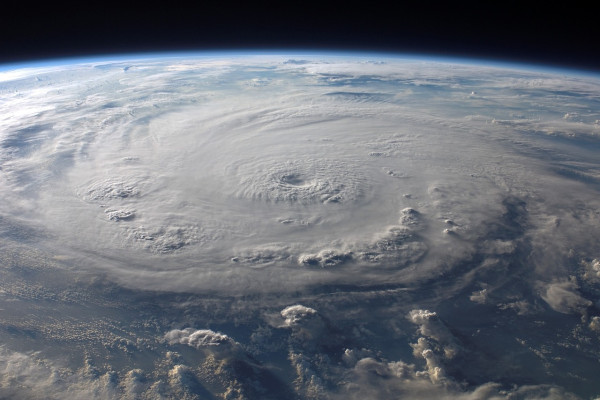Plus, a breakthrough in cervical cancer treatment
Science Podcasts
All of our free science podcasts and science radio shows on science, technology, medicine and engineering in one place...
Featured
Are there extra types of water? Where is belly-button fluff from? What causes nightmares?
Helicobacter pylori seek out injuries in the stomach, delaying healing and causing ulcers
When there is a supermoon, the moon looks especially big and bright. But what causes it?
Obese women's learning is reduced in a task where they are exposed to pictures of food...
Helen Scales investigates tributyltin, banned from use as anti-fouling paint for causing 'imposex' in marine...
Star Trek fantasy or scientifically feasible? We find out with NASA!
We celebrate the 45th anniversary of Apollo 11 by asking, should we return to the Moon?
New technology means more genetic testing, but what are the issues?
Why are humans so successful? Are new species still appearing? Is the sea getting saltier?
Smallpox is one of the deadliest viruses in human history- but how was it eradicated?
How do you orbit a comet? Set up a government in space or rescue a space shuttle crew?
From potential painkiller to kitchen-cooked heroin replacement, Nate Adams tracks the history of desomorphine
Chimp gestures, people prefer shocks to thoughts, and saddle up for the science of cycling
How fruit flies help us understand how to get our sleep bank account in credit.
The second-last wild-born Spix's Macaw has died, setting back captive breeding efforts.
Would you kill a person to save five others? Does religion evade morality by omission?
Could a blind chameleon change colour? How are hurricanes named? How do birds navigate?
People would rather give themselves an electric shock than be forced to think...
A look at some of the science on show at the Royal Society's Summer Science Exhibition.
It helps keep sharks afloat, but may be partly responsible for their declining numbers: Helen Scales introduces squalene
Human levitation, climate-altering balloons, earthquake-proof buildings and super steels
World's most used pesticide having dramatic impact of wildlife and ecosystems
What is spontaneous human combustion? Why did Luis Suarez bite someone?
A new study has tested the idea of using faces instead of passwords online.
